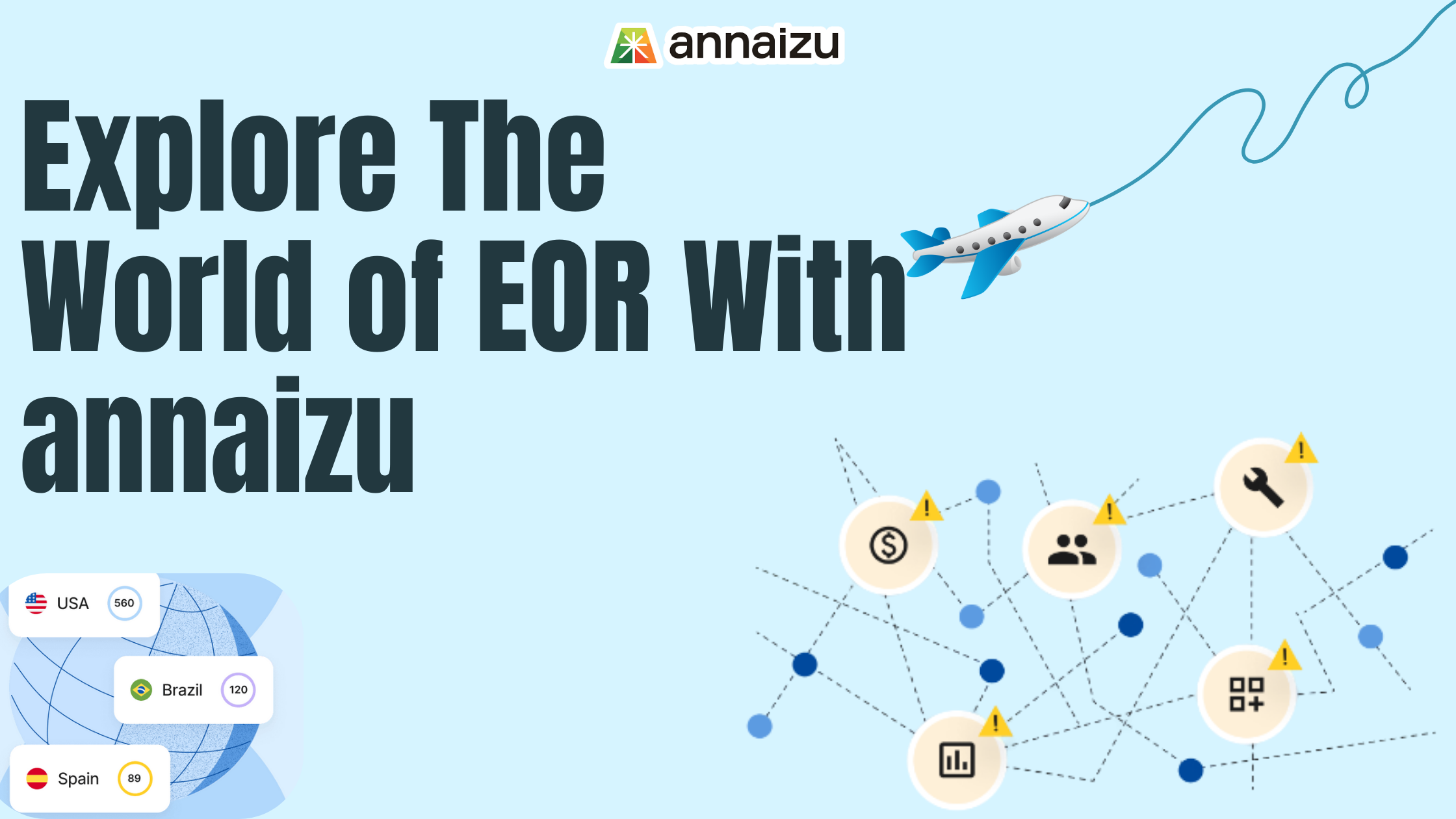Discover the importance of Annaizu Compliance Management in today's business landscape and how a Home Office compliance management platform can help your business streamline its compliance efforts, reduce risks, and stay ahead of regulations.
Introduction
Sponsor licence audits aren’t just a formality they’re a critical part of maintaining your right to hire international talent. With increased scrutiny from the Home Office, the best defence is preparation. This guide breaks down the different types of audits, what documentation you’ll need, how to prepare your HR systems, and what outcomes to expect if compliance slips through the cracks.
Digital and In Person Audits
Home Office compliance audits can be conducted either digitally or on site. Digital audits typically take place over Microsoft Teams or similar platforms, with officers reviewing records via screen sharing and requesting follow up documents. In person visits are more intensive, involving an inspection of premises, interviews with staff, and verification of compliance systems. Regardless of format, all audits should be treated with the same level of preparation and seriousness.
Types of Sponsor Licence Audits: Pre-Licence and Follow Up Visits
Pre licence audits are carried out before your licence is granted, ensuring your business has compliant HR systems, accurate record-keeping, and genuine roles for migrant workers. A failed audit may delay or block your application.
Post licence audits can occur at any time and are often unannounced. These visits assess whether sponsor duties are being followed, including timely reporting, record maintenance, and ensuring the business remains actively trading.
Documentation You Should Have at the Ready
Businesses must be audit ready at all times with essential documents, including:
- Passports, visas, and BRPs for sponsored workers
- Signed employment contracts
- Right to work check records
- Attendance logs and absence records
- Proof of salary payments
- Job descriptions and Certificates of Sponsorship (CoS)
- Recruitment history and Resident Labour Market Test documentation (if applicable)
Store these documents securely, and ensure they can be retrieved quickly in digital or hard copy formats.
Preparing Your HR Systems for Effective Compliance
Your HR system should allow real time updates to sponsored employee records, with built-in reminders for visa expiry and compliance deadlines. It should be easy to generate audit ready reports and track employee status changes. Implementing a digital solution can improve your ability to meet sponsor duties and reduce risks of non compliance.
Conducting Self-Audits and Training Key Personnel
Regular self-audits help spot compliance gaps early. Check your files for missing or outdated documentation, validate CoS accuracy, and review recruitment logs. Additionally, ensure Authorising Officers and Level 1 Users receive regular training on evolving immigration rules and Home Office reporting obligations. Quarterly refreshers are strongly recommended.
Potential Audit Outcomes and Consequences of Non Compliance
Following an audit, outcomes may include:
- A-rating maintained: full compliance
- B-rating: minor breaches requiring an action plan
- Suspension: major concerns pending resolution
- Revocation: serious failures leading to loss of sponsor licence
Financial penalties and reputational damage may also apply, particularly in cases involving unauthorised workers.
Prompt corrective action and transparency with the Home Office are key to retaining your license.
Tip: Treat every month like an audit month schedule a 30 minute internal check in to ensure documents, roles, and reporting logs are up to date. It’s easier to stay compliant in small steps than to recover after a failed audit.


.jpg)



.svg)